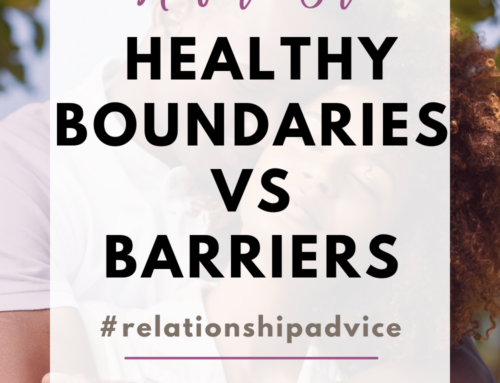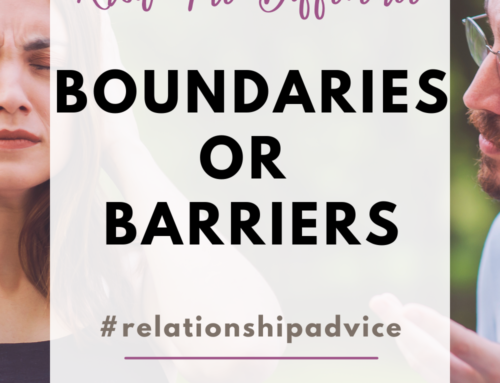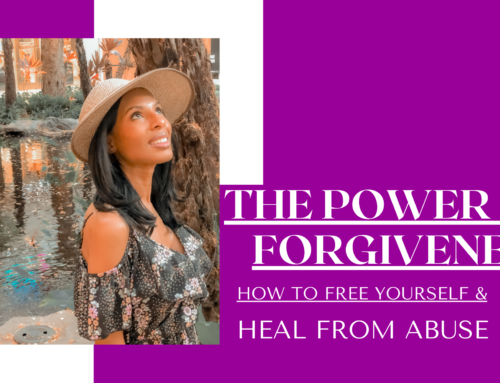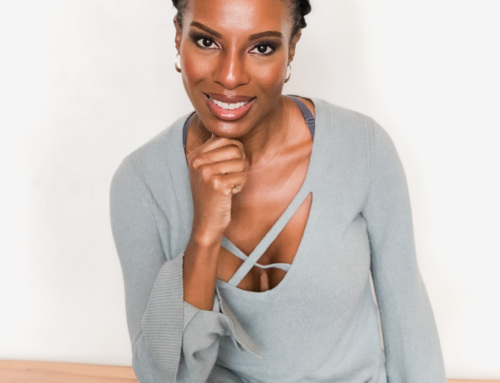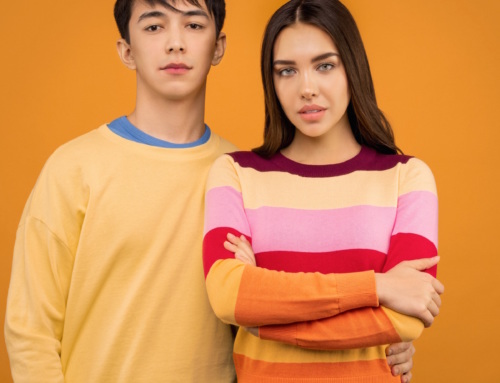#MeTooNowWhat?
On October 15, 2017, one of the most powerful and profound hashtags spread across social media. The two words are extremely important to me – because I was sexually assaulted. Likewise, these words resonate with many women who have been victims: from being objects of lewd remarks, to surviving as victims of full-blown sexual assault. This powerful hashtag? It is #metoo.
Now, before the world began referring to this hashtag, #metoo, there was a “Me Too:” the movement founded in 2006 by Tarana Burke. The movement was created to provide a safe space for survivors of sexual violence to heal. Many of the young women Burke initially set out to help were women of color or from low-income and under-privileged communities.
However, the movement has since found its way into mainstream media via Hollywood, after actress Alyssa Milano encouraged others to share #metoo during an awareness campaign. “If you’ve been sexually harassed or assaulted write ‘me too’ as a reply to this tweet,” she wrote.
If you’ve been sexually harassed or assaulted write ‘me too’ as a reply to this tweet. pic.twitter.com/k2oeCiUf9n
— Alyssa Milano (@Alyssa_Milano) October 15, 2017
While this movement opens the space for change to occur, not everyone supports the #metoo movement. In fact just under a week ago, actress Brigitte Bardo slammed the #metoo campaign claiming the movement was “hypocritical and ridiculous.” She referred to the actresses that came forward to share their #metoo stories as “publicity-seeking.”
Unfortunately, Bardo was not alone in her views. Others have voiced their opinions about the #metoo movement, such as actress Catherine Deneuve who reportedly stated that, “Rape is a crime. But insistent or clumsy flirting is not a crime, nor is gallantry a chauvinist aggression,”
I believe everyone is entitled to their opinion. However, as a relationship and violence-prevention specialist (and a survivor), O also believe that when it comes to sexual harassment, rape, sexual assault or violence, it’s not a matter of if it will happen to a woman. Rather, it’s a matter of when sexual violence will happen to a woman.
We must globally clarify what sexual harassment, rape, and sexual assault look like.
Statistics show that “only 2-8% of rapes are falsely reported. That means when a victim makes a sexual harassment, rape or sexual assault claim, they are more than likely reporting the truth, rather than reporting a lie.
Through the #metoo hashtag women have been able to come forward, share their stories, heal and use it as a platform to share. However, now that so many people have opened up about what happened to them, many want to know: what can be done (if anything) to change the culture of sexual harassment, assault and misconduct?
#NowWhat
So that people who open up about their #metoo stories are not left wondering what to do next, we must address what each of us can do: Both as an individual and collectively to stop sexual harassment and assault from happening. However, perhaps before we can do this, and so that we do not blur the lines between “awkward flirting, inappropriate behavior, and assault that threatens to leave men and women fearful of interacting with one another,” we must globally clarify what sexual harassment, rape, and sexual assault look like. Read the definitions below and take a look at the video for more details.
Sexual Assault
Sexual assault refers to sexual contact or behavior that occurs without clear consent of the victim. Sexual assault includes:
- Attempted rape
- Fondling or unwanted sexual touching
- Forcing a victim to perform sexual acts, such as oral sex or penetrating the perpetrator’s body
- Penetration of the victim’s body, also known as rape
The “Me Too” movement is not about revenge; it’s about healing.
Rape
Rape is the legal definition that specifically indicates sexual penetration without consent. “Rape is a form of sexual assault, but not all sexual assault is rape.” It is important when considering these issues to be mindful of the legal definitions, as well as the vernacular usages.
To conclude: The “Me Too” Movement is not about revenge; it’s about healing. When Tarana Burke started this movement her aim was not at outing the offender for doing something wrong, but more so to create a safe space for survivors to heal so that they can become empowered.
There certainly needs to be some accountability for people like: Harvey Weinstein, Russell Simmons, Kevin Spacey, Matt Lauer and others. However, what’s even more important than making sure someone is getting what they rightly deserve; is to change the system that supports, ignores and dismisses sexual violence against women.
Together we (women and men) are stronger than we are in our silos of silence. Together we must stand united with one voice and say #NOMORE to sexual violence, rape and harassment against our brothers and sisters. This is a must internationally, locally, whether celebrities, or everyday peoples. Regardless of race, gender, income and status.
#Nowwhat? Speak out against violence! Extend grace towards those men and women courageous enough to speak up. This issue is too close to home to ignore.
Collette Gee is a Relationship and Violence Prevention Specialist and the author of an innovative book on relationships called, “Finding Happily…No Rules, No Frogs, No Pretending,” (available on Amazon). Through workshops, coaching programs and services, Collette provides a positive and educational approach about healthy relationships. Her passion for social justice and healthy relationships has given her a powerful foundation to spread her message; “Finding Happily is not an ending, it is a journey.” Her mission is to teach men and women how to live successfully and harmoniously

